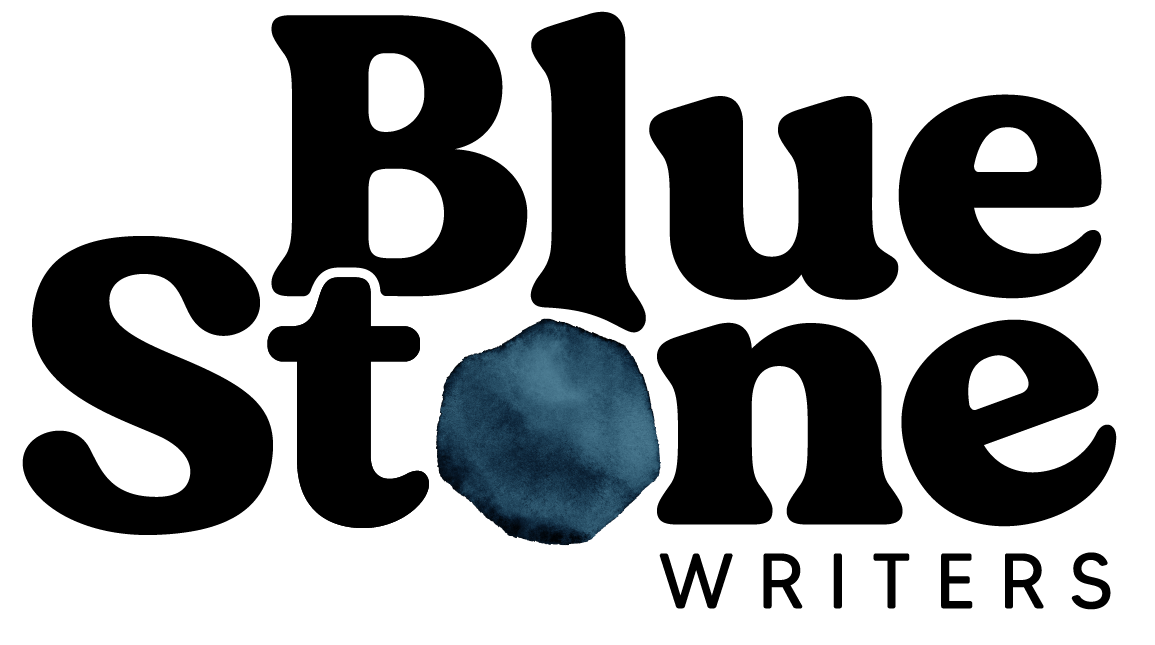I was inspired by an old tweet written by V.E. Schwab, a FANTASTIC fantasy writer I think everyone should read, and I’ve included a picture of it below (you can follow her here). In this tweet, she describes the process by which she creates characters by boiling down their traits into definable mantras.
What I love about this advice is that it forces us as writers to be concise. I don’t know about you, but I tend to wax long and alarmingly poetic when I fall in love with a new character. Unfortunately, that tendency can be a disservice to my character when I get caught up in their preferred bath bomb instead of their core drives. Creating a mantra for a character is a fantastic way to condense our convoluted thoughts into a phrase that is digestible and easy to revisit.
When we’re not sure what a character would do next, we can look to their mantra like a lodestone!
I recently experimented by creating mantras that centered around the characters I sketched in a previous prompt guide. As a sample, here are my tentative results:
Rayna: There is nothing more important than freedom
Leonah: Magic is too dangerous to exist
Yules: People are not to be trusted
Of course, my favorite thing about Schwab’s advice regarding such mantras is her last point: “I make them break their mantra.”
This break FORCES character development, and it forces us to allow our character to evolve in a way that makes sense. They can evolve for better or for worse, but the change itself is inevitable unless we want a stagnant story (hint: we do not want a stagnant story).
This week’s prompts will be based around Schwab’s excellent advice, and I hope you take this opportunity to think about your character(s) in a new way and explore who they are at their very core.
I’d like to begin with a paraphrase of Schwab’s first question: What does your character fear? Perhaps they fear being alone, losing loved ones, or failing. Maybe their fear runs so deep they can’t even admit it to themselves. If you’re not sure what your character fears, consider what would make them feel ashamed; shame is often a window into our deepest fears about ourselves and others. Write for seven minutes.
Next is Schwab’s second question: What does your character want? Of course, the expression of your character’s deepest desires can shift over time, but their core motivation for ACTING probably stays fairly constant. Maybe they want peace for themselves and their family, to understand great mysteries in the universe, or to destroy an enemy. Whatever it may be, your character’s desires will be their primary motivating force. Write for ten minutes.
Schwab’s third question is: What is your character willing to do to get what they want? Perhaps they will sacrifice their reputation, betray a friend, or recant their religion. Thinking through your character’s intensity of desire and the ways that intensity is likely to be expressed will give you a good idea of how much you can take from your character before they do the unthinkable and break. Write for six minutes.
Now for the mantra. Taking all you’ve learned about your character from the last three prompts, list out as many potential mantras as you can in the time given. DO NOT OVERTHINK. Just write and trust yourself to find a diamond in the rough. Whether you’ve fallen completely in love with a certain mantra by the end or not, pick a working favorite to carry forward into the next prompt. Write for five minutes.
Lastly, I invite you to consider the ways that your character might eventually break the mantra that you have chosen. You previously explored what your character is willing to do to get what they want, so examining that space could be a good place to start. At what point will your character have gone too far, given up too much, or met their edge in such a way that they are forced to go back on their core beliefs or utterly lose themselves? Write for ten minutes.
How did it go? Did you dig it? Subscribe to The Fool & the Page for more guided writing and cosmic conversation.
KAY TEEKELL is Claire’s Summer Communications Associate and fellow creative writer. She has five years of writing and editing experience that ranges from content writing for blogs and magazines to grant writing for nonprofit organizations. Kay is passionate about the power of storytelling and strives to amplify voices that might otherwise be forgotten. She is excited to use her artistic and literary skills in her professional aspirations and will continue to develop her talents for the rest of her life.



